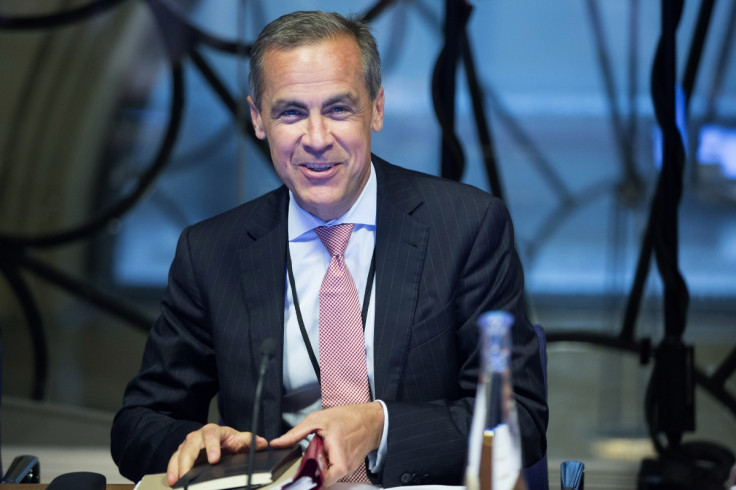Bank of England should be stripped of monetary policy powers, Adam Smith Institute says

Major public policy thinktank the Adam Smith Institute has urged the Bank of England (BoE) to move towards a 'free banking system'. The Institute has said that ultimately, the Bank should be stripped of its monetary policy powers.
The comments, made in a paper published by the neoliberal and pro-free market thinktank, come ahead of the Monetary Policy meeting on 14 January. The BoE's policy makers are set to make decisions on the interest rate and the Quantitative Easing programme.
The paper also argues that the inflation target, still officially used by the Monetary Policy Committee (MPC), should be abolished. The BoE itself has discredited the target as an indicator for action on interest rates and is focusing on employment numbers to consider the health of the UK economy.
Monetary economist Anthony Evans wrote the paper, called "Sound Money – an Australian proposal for free banking, NGDP targets, and OMO."
"Since the financial crisis The Bank of England have made important changes to how they conduct monetary policy – such as the introduction of Quantitative Easing and Forward Guidance – and the government have made bold interventions into the banking system," he said. "However these drastic measures have failed to identify the root cause of the problem, which is the monetary regime."
The monetary policy should be more automated, and the Quantitative Easing programme, currently a total stock of £375bn (€502bn, $546bn), should be used as a monetary tool, rather than decisions on central interest rates.
The author goes even further, ruthlessly suggesting that "after a century of failure", the BoE should be completely stripped of its powers. Evans added that the inflation target should be replaced by nominal GDP, or nominal spending, target.
"Whilst inflation targeting has been discredited, and all but abandoned, it has not been replaced by a coherent and consistent strategy," the economist said in a release. "This paper not only provides constructive advice on how to reform current policy, it places this in the context of a more comprehensive programme for sound money."
IBTimes UK reached out to the Bank of England for a comment, but received no response in time for publication.
UPDATE: 11.12 AM GMT
The Bank of England press office told IBTimes UK it had no comment on the report and it did not wish to give a direct response either.
© Copyright IBTimes 2025. All rights reserved.






















